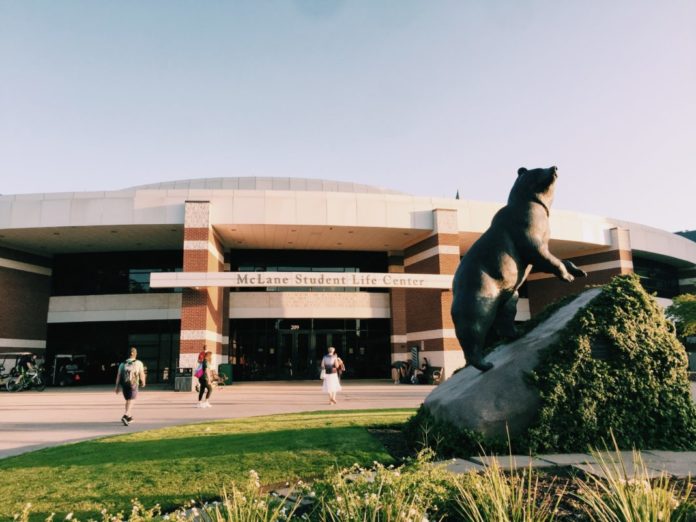
By Jessika Harkay | Reporter
With social distancing, the loss of an on-campus semester and transitioning to online classes and virtual learning, student mental health is something campuses have been surveying, prioritizing and trying to provide resources toward.
Holly Oxhandler, associate dean for research for the Diane R. Garland School of Social Work, conducts research focused on the connection between faith and mental health. She said that the pandemic has forced our bodies to react in a “fight-or-flight response,” which affects mental health in students.
“The current COVID-19 crisis is understandably inducing various levels of fear, anxiety, and truthfully, trauma, as our individual and collective sense of normal has been exchanged for transitions and uncertainty,” Oxhandler said. “However, in a long-term crisis like this, we cannot remain in this trauma-response state. Instead, we must pay attention to and move through our emotions and what we feel in our body.”
Likewise, Oxhandler said that most mental illness diagnoses occur in students’ late teens and early 20s.
“Just as we are all susceptible to short-term and long-term physical illness, we are all susceptible to short-term and long-term mental illness,” Oxhandler said. “In fact, although one in five of us have a mental illness at any one point, most of us will meet criteria for a diagnosable mental illness by middle-age.”
Baylor has initiated its own effort with the start of “Bear Coaches,” to check on students and keep in contact with the university, letters and videos from Judge Joy and Lady and offering virtual counseling options.
Individual action students can take to take care of their mental health begins with understanding the importance of taking time to feel emotions completely.
“In this moment of crisis, it can be tempting to spiritually bypass the pain, quickly hopping to ‘well, at least’ or ‘but, I’m so grateful for’ without first fully naming and grieving that which is hard in the moment,” Oxhandler said. “Fr. Richard Rohr teaches us, ‘If we do not transform the pain, we will most assuredly transmit it – usually to those closest to us.’ You have the permission to grieve the losses threaded throughout the remainder of this semester and my hope is that you know you are not alone in that grief.”
Alongside feeling through grief and anxiety, some students may struggle mainly with the social-distancing aspect of the virus and distance from friends, organizations and clubs.
Spring senior Marion Dubose,member of Phi Beta Sigma Fraternity Inc., said his relationships have been tested by the group’s communication efforts.
“Our relationships are maintained by reaching out over social media and keeping in contact with potentials and individuals online,” Dubose said. “[But] our members are struggling with building stronger connections with each other and staying in contact daily or weekly.”
But to that, Oxhandler recommends reaching out to loved ones for support, emphasizing community and the small reminder of being kind to one’s self.
“We’re all in this together right now, doing the best we can to care for others and ourselves,” Oxhandler said. “Across the nation and the world, we are coming together to discern what is ours to do to love our neighbors as ourselves and simultaneously practice social distancing. My prayer is that, to the best of your ability, you are able to extend grace and patience to yourself as you extend grace and patience to others, remembering how much is out of our control.”





